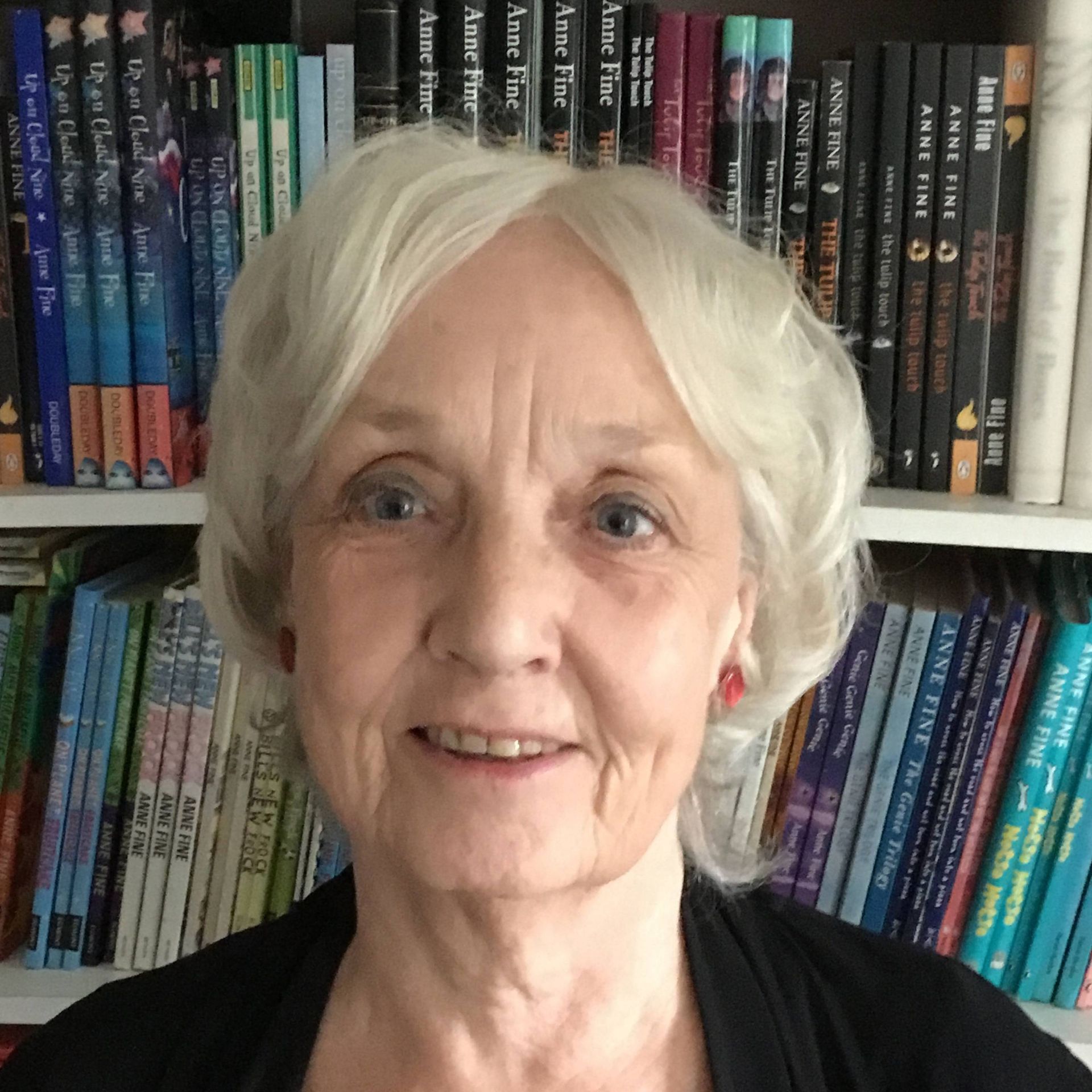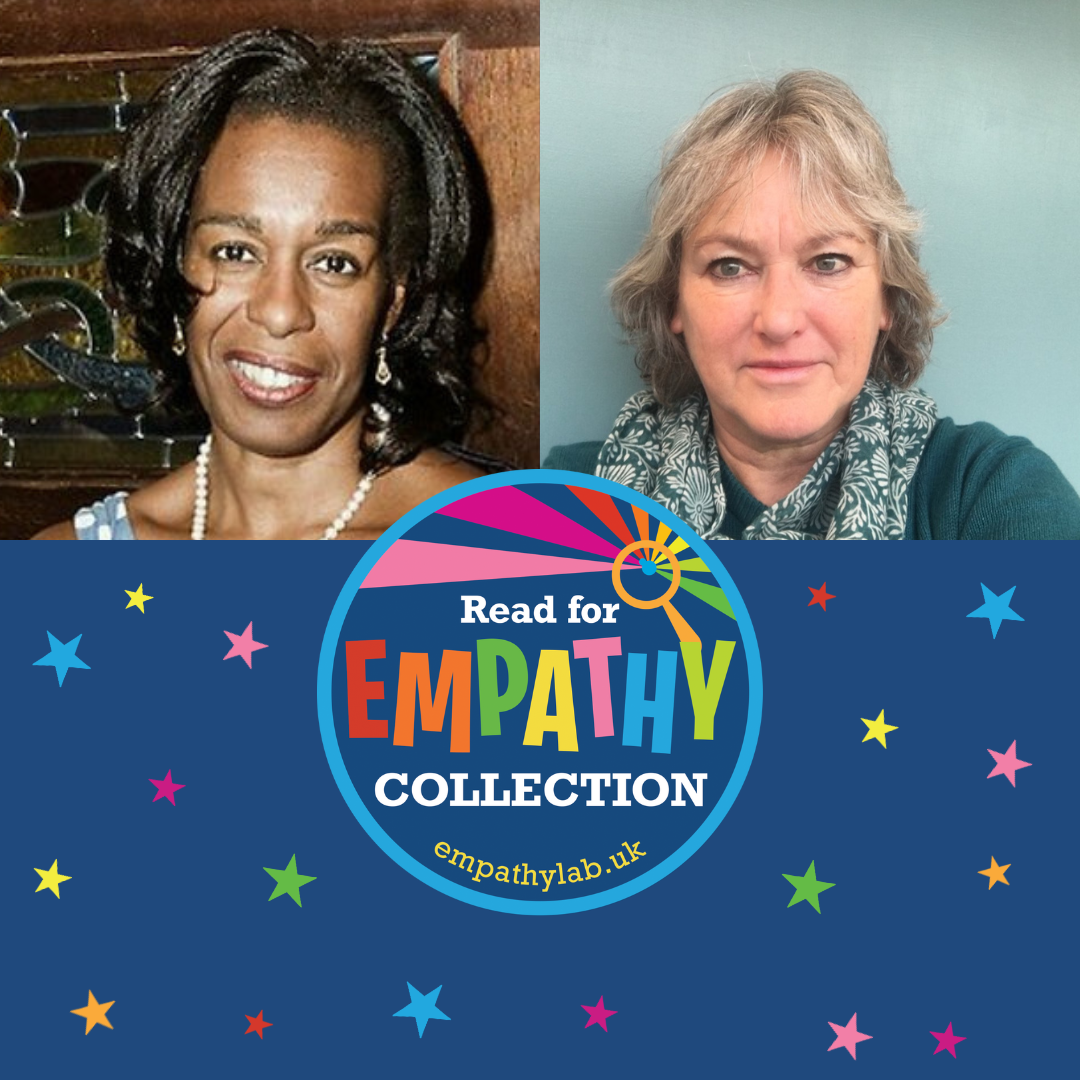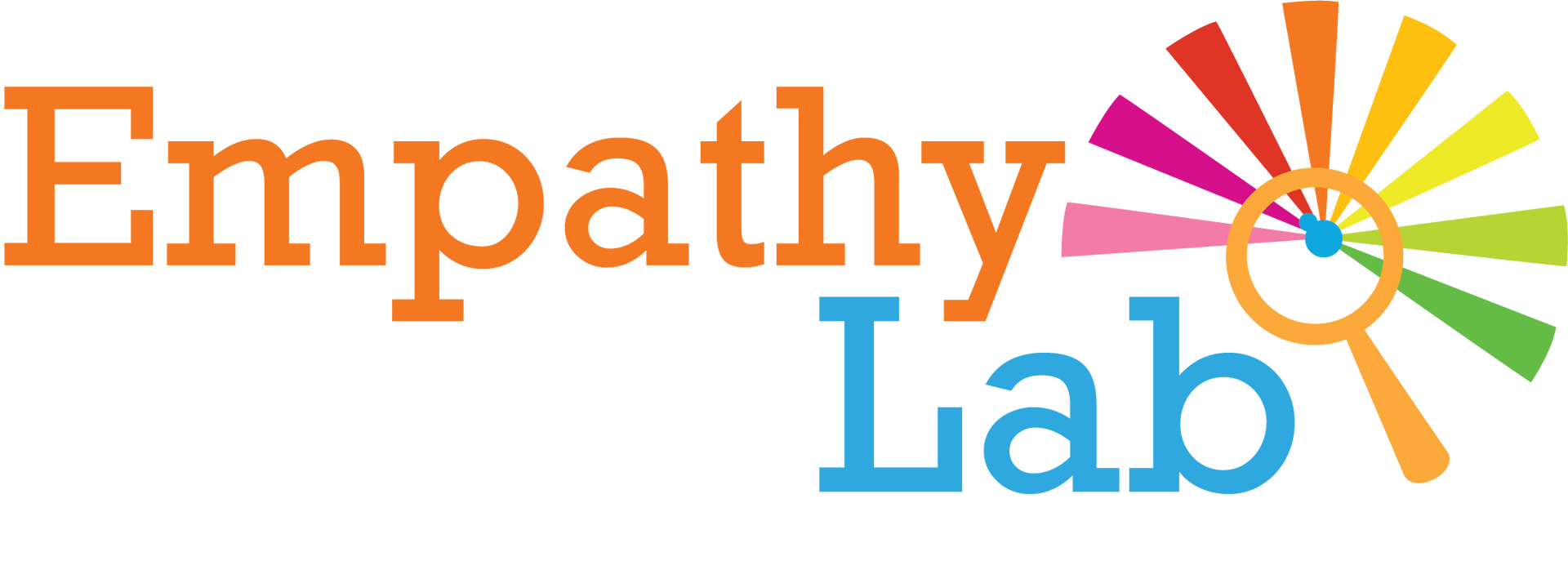Plugging into Books to Super-Charge our Empathy Muscles
- By EmpathyLab
- •
- 30 May, 2022
- •
Farrah Serroukh, Research and Development Director at CLPE, explores the sheer power of books to change things for the better

It seems reasonable to presume that we have reached a point in the evolution of our species at which enough lives have been lived for key lessons to have been learned. A point at which we should inherently have the capacity to be compassionate, respectful, considerate and kind towards anyone and everyone we encounter. And a point at which the ability to sympathise and empathise with those who share our immediate and wider world should be our default setting. Yet despite the wickedness that has been unleashed on individuals and communities of people around the world and the atrocities that have marked and continue to mark the tapestry of our timeline, this sadly does not seem to be the case. Not only do our societies struggle to exercise these virtues but they also inflict pain upon and exacerbate the struggles of others that they deem lesser or different.
When things are as challenging as they have been in recent times, it can feel like we need a miracle to get us through, a hero to swoop in with a cape to make it all better. But what our time on this planet should have taught us by now is, that heroes don’t come in the muscle packed lycra, draped in a cape image fed to us in comics and on the silver screen. Instead, heroism comes in the form of everyday people of all shapes and sizes, from all walks of life, finding the heart and energy to feel for their fellow humans and draw on this to undertake small and large acts of kindness.
Empathy not only has the capacity to unlock all of these positive traits but can also counteract the cruelty that flourishes in spaces that are void of it. With that said, it is important to recognise empathy as a muscle that must be exercised and one of the greatest tools to aid in such exertion is the humble book. It is therefore apt that the theme of this year’s Empathy Day is reflecting on empathy as our human superpower. The carefully curated book collections featuring a rich range of titles that support young readers to channel empathy, along with the specially designed empathy-boosting resources will help readers to nurture and build that superpower.
Books provide a space for us to walk around in and to explore how we feel and what we think about a whole range of things. Books can help build our understanding of the world and enable us to make sense of our place in it. Books can challenge our thinking and break down barriers. And this year’s collection can also help super-charge empathy as a key superpower.
The 2022 Read For Empathy collections feature important titles such as Catherine Johnson’s Queen of Freedom and Alex Wheatle’s Cane Warriors, that platform significant figures in history who played crucial roles in resisting oppressive forces and whose humanity and heroism is rarely depicted or acknowledged in mainstream discourse. These titles along with David Olusoga’s Black and British deepen and broaden understanding of how the past has shaped the Britain of today, encouraging empathy with the struggle for fair and just treatment for longstanding marginalised communities.
Poetry is a particularly powerful medium that provides scope for sincere, heartfelt insights into the thoughts and feelings of others and through such honesty gives licence to the reader to feel, connect and reflect. The titles in this year’s collection from Manjeet Mann’s powerfully moving verse novel, The Crossing, to the rousing collection curated by Nikita Gill, SLAM! You’re Gonna Wanna Hear This and Karl Nova’s thoughtful and introspective collection The Curious Case of Karl Nova all invite readers to channel and supercharge their empathy muscles in a range of important ways.
All of the picture books, graphic novels, novels and
non-fiction titles are uniquely, creatively and sensitively crafted and capture
a range of voices, styles and themes, meaning there’s definitely something for
everyone across these collections. These books inspire feelings of connection
and encourage taking action to improve the world around us and beyond. These
books spark the hope that is much needed during these times.
Farrah Serroukh is the Research and Development Director at CLPE, and leads the charity’s important Reflecting Realities research. She also advises EmpathyLab on the diversity and inclusion aspects of our annual Read for Empathy book collections.

Why has the sheer importance of empathy come to the fore in recent years? Why do we care so much about a concept that had seemed to be left to itself for so long?
Perhaps because there has been so much change and upheaval for our young people in recent years, leaving so many isolated from what we might term ‘real’ contact with others. Lockdown was for many a disaster. The proliferation of phones hasn’t helped. Financially stretched families are often starved of time that can be spent in casual, easy, contact with one another.
So gaining an understanding of others from fiction has become more and more important. Children have always learned from the books and stories they are offered. From the fairy tales, children who lived in an elemental world without luxuries or social safety nets learned the virtues that were so necessary back then to survival: courage, resourcefulness, endurance, quick wits, kindness to strangers.
Our own young people live more tightly under separate roofs, and we have seen the language of books change accordingly - to Mum, the babysitter, playgroup, park, baby sister, Dad’s girlfriend, the bully, happy, worried, sad. It’s the language of relationships and emotions now, and understanding and compassion liberate. They have become the twenty-first century equivalent of Hansel and Gretel’s pebbles gleaming in the moonlight to show the way out of the dark forest.
Frank Flanagan once said good writers “structure, explain and evaluate the experience of childhood and empower the child to come to terms with it. They enable the child to lead a full life."
How? Partly by quite unconsciously increasing self-knowledge and self-awareness. A young reader can’t help but see characters in books unconsciously as if in a mirror. "I'm not like that." "I worry about that too." "I would have been braver”, “slower to catch on”, “tempted to be more mean”. And when this sense comes of no longer being the only one in the world to have this problem, or to feel that way, the child not only comes to realise that they are not alone, but also to gather insights into how other people deal with the same worries or tackle the same problems. In short, they learn, vicariously, how other people tick.
We have so many young people who, it seems, sometimes as a result of their upbringing, often simply by nature, have somehow failed to acquire the tools to begin to think about their own situation. Through fiction they can often begin, safely, to explore the more subtle aspects of life around them - an insight into someone else's life. A child can share desk space with someone else all year and yet learn less about them than about a character in one short book that’s read to them at night. I try to show this in my novel On the Wall , where, over the school year, Finley’s quite exceptional gift for tranquillity and self-acceptance in an anxiety-inducing world causes one fellow pupil after another to look more deeply into themselves, and learn how to rebalance their own way of thinking to become, in the process, calmer, happier, or more accepting.
We all want, for our young people, peace of mind. An excellent start is to explore Lauren Child's wonderful 'Staring into Space' project: https://staringintospace.me/
Then, steep them in fiction. And where better to find the
best than at the EmpathyLab itself?
You can purchase Anne's book, On the Wall,
here

The collection consists of 65 books for 3-16 year olds, each chosen for its unique contribution in building young people’s empathy.
The primary collection for 3-11 year has 40 books; the secondary collection features 25 books for 12-16 year olds.

